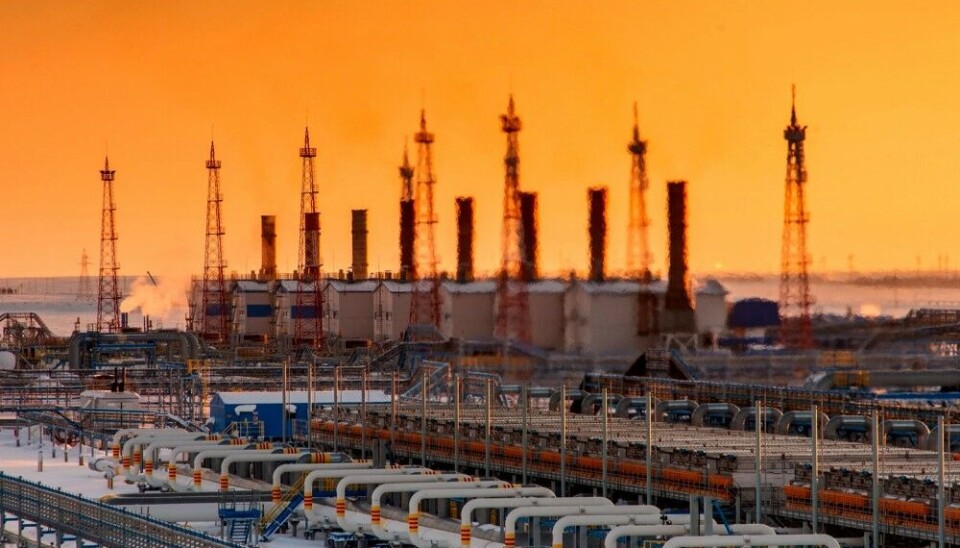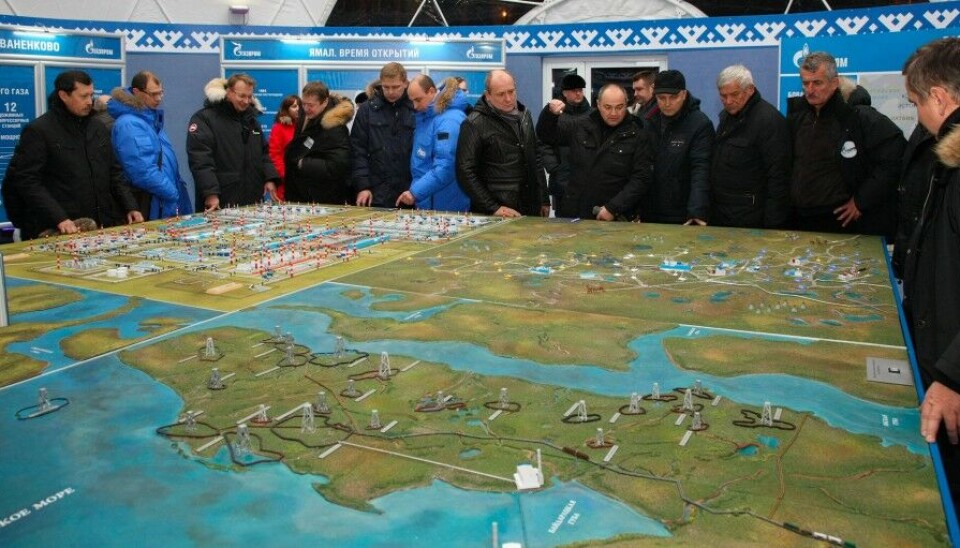
Russia's natural gas is "stuck" in the Arctic. Now the petrochemical industry moves in
Chinese partners might take part in a major development of petrochemical plants in the Yamal Peninsula.
Big natural gas projects have been built in Yamal over the past decade. The far northern peninsula that stretches into the Arctic Ocean has vast reserves, and thousands of kilometres of pipeline have been built to connect the area with markets in Europe.
But following its full-scale onslaught on Ukraine, sanctions have put a halt to the gas flows.
Russia no longer has a European market for its pipeline gas, and Moscow is grappling with what to do with the abundant energy that now is “stuck” in the Arctic.
In a government meeting this week, Prime Minister Mikhail Mishustin summoned key ministers to discuss what he sees as prospective way to use the excessive gas - the development of petrochemical industry.

According to a document, a so-called roadmap approved by government on the 16th of May, a major development of new petrochemical plants is outlined, and the Yamal Peninsula is a key priority region.
“On the instruction of the Head of State, the government is expanding its support for the development of petrochemical clusters in the Arctic zone, in the immediate vicinity to the resource base,” Mishustin says in a comment.
“This decision will have a multiplicative effect on a whole range of related industries and will help trigger long-term economic growth,” he underlines.
Mishustin and his government is in a hurry. Already by the end of 2023, key measures in the roadmap are to be executed. By July 2024, a more comprehensive plan for the development of petrochemical industry in Yamal is to be presented. And by year 2025, Russia’s production of polymeric materials is to be increased by more than 30 percent to 9,9 million tons.
The presentation of the new industrial plans in Yamal came immediately ahead of PM Mishustin’s visit to China. It is quite likely that Chinese companies will play an important role in the upcoming projects.
The two countries’ energy partnership was high on the agenda as the Russian premier sat down for talks with his Chinese counterpart. That includes also the development of petrochemical industry, Mishustin said in a business forum in Shanghai.















